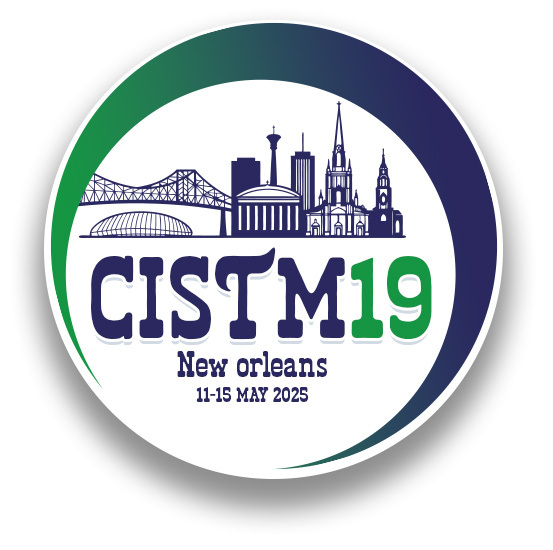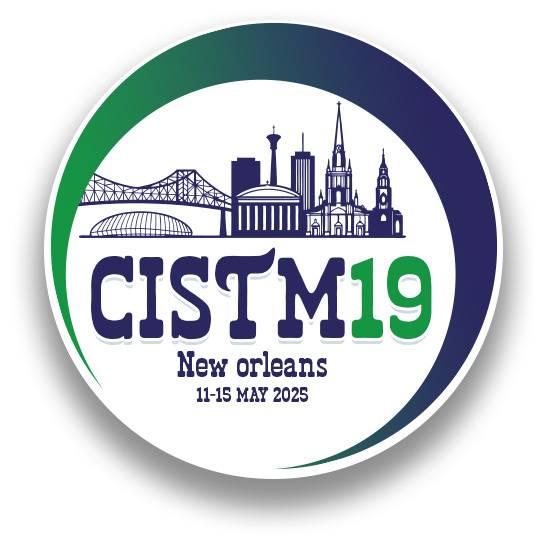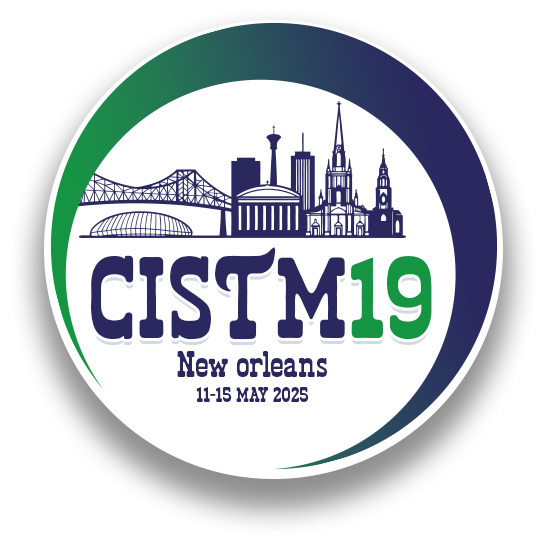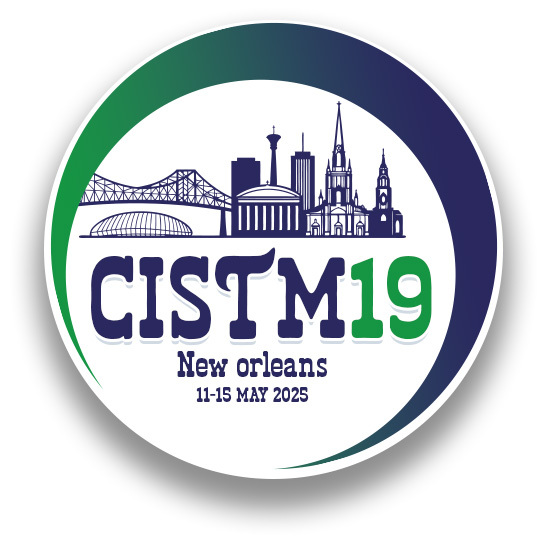Congress Highlights Archives Upcoming congresses


Congress Highlights
Technology-driven transformation in travel medicine
The opening plenary session of the 19th Conference of the International Society of Travel Medicine (CISTM19), held in New Orleans on May 12, 2025, focused on the field’s re-orientation toward technology [1]. Chaired by Prof. Gerard Flaherty (University of Galway, Ireland; ISTM President 2023–2025) and...

Congress Highlights
Chacun à son goût : harmonizing travel medicine practice worldwide
At the 19th Conference of the International Society of Travel Medicine (CISTM19), global inconsistencies in travel medicine were addressed in the second plenary session [1]. The session catalogued regional differences in clinical practices and called for more structured international alignment, while...

Congress Highlights
Epic journeys in travel medicine
The 4th plenary session of the 19th Conference of the International Society of Travel Medicine (CISTM19) delivered a powerful reminder of why travel medicine is uniquely positioned at the intersection of clinical care, global equity, and human resilience [1]. Co-chaired by ISTM President Prof. Anne McCarthy...

Congress Highlights
Vaccine decision-making in the era of personalized travel medicine
At the 3rd plenary session of the 19th Conference of the International Society of Travel Medicine (CISTM19), held in New Orleans, the field of vaccine decision-making was placed in the spotlight [1]. Moderated by Prof. Elizabeth Barnett (Boston Medical Center, MA, USA) and Prof. Miguel Cabada (University...

Congress Highlights
Everything is risky when ticks get frisky (Pfizer symposium)
Travellers grossly underestimate the risk of tick-borne diseases that are globally on the rise. A novel machine-learning tool can assist healthcare professionals in evaluating the risk for tick-borne encephalitis in travellers and provide evidence-based recommendations for prevention.





